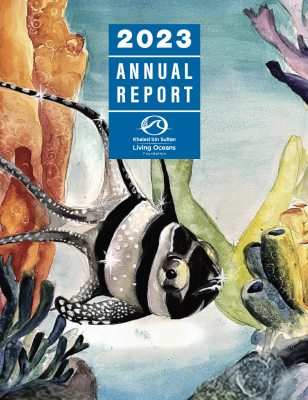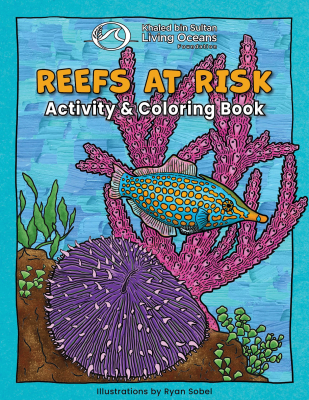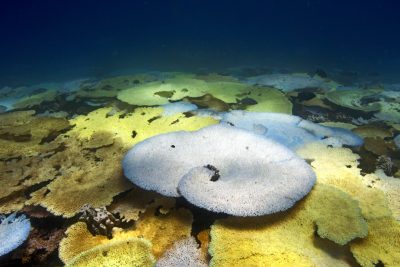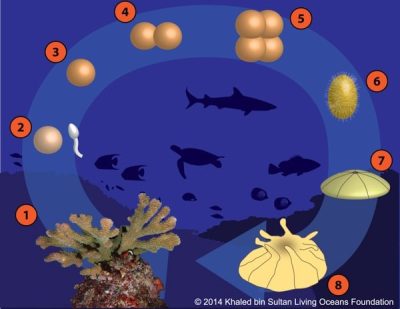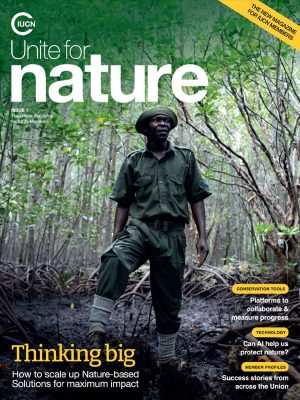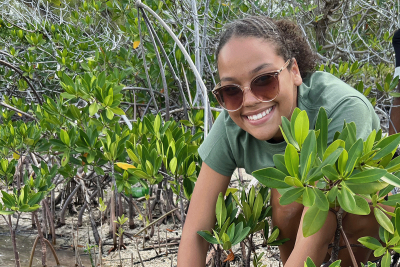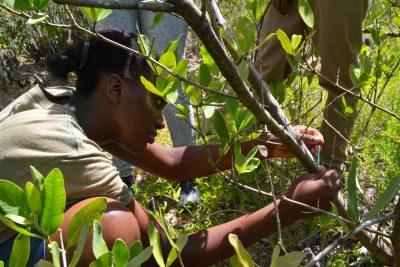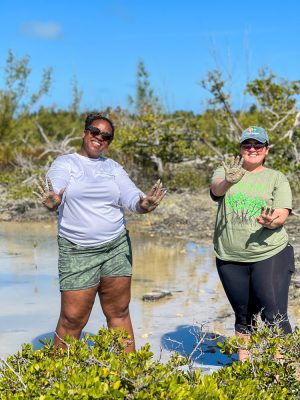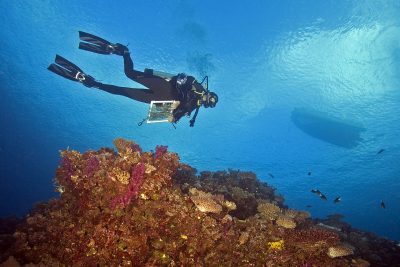
From Space to Seabed: Researchers use satellites to analyze global reef biodiversity
Researchers used Earth-orbiting satellites to map coral reef biodiversity at a global scale to show that areas of high habitat diversity also have high species diversity. This new satellite mapping technique, developed by researchers at the Khaled bin Sultan Living

